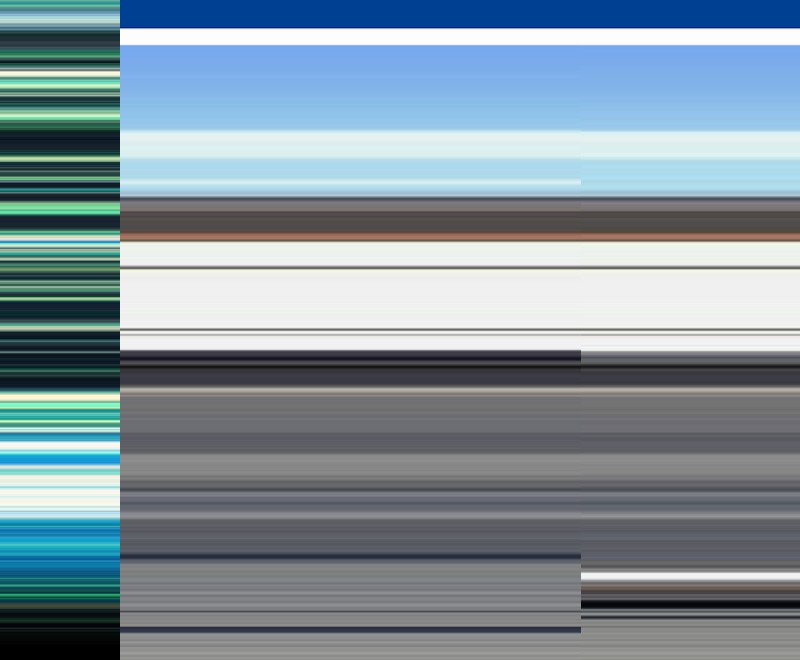Increasingly powerful surveillance tools have shifted the power dynamics between the public and the spaces the inhabit.
Performance Surveillance seeks to redress this balance by adopting the tools of computer vision, artificial intelligence and machine learning using in ”smart” surveillance system to create a performance. Using live feeds sourced via unsecured CCTV cameras projected in a real time, the people captured in these feeds will become performers controlling what we see in a gallery space. As they move through the picture their gestures will be interpreted by Leon Butler´s machine learning model using the same methods used in surveillance ecosystem that allows for a real-time multi-person performance. The viewer will be able to cycle through different feeds which maybe be a busy town square or an empty beachfront, a station platform which dependant on the time of day where the camera is located with feed the interpretation of the picture. Butler will build layers of performance inviting artist local to co-opt the feed and adapt the system to their practice. Through these performances he will engage people to reimagine their relationship with surveillance, machine learning and technology to reimagine and better understand the world.
###################################
In Dialogue: Artist Talk with Agnese Baranova (RIXC, Riga):
Agnese Baranova: Generally the residencies offer a particular space in a certain time for the artists to create, to produce, to generate, to experiment their creative ideas and also develop the new artworks.
How is it important for you as an artist to be outside from your usual daily life to create, how it affects (or maybe not) your artistic development?
Leon Butler: I balance commercial projects and my work as a lecturer at the Yeats Academy of Arts, Design and Architecture at Atlantic Technological University with my personal practice, with the latter suffering from a lack of time, financial support and physical space. Having the opportunity to concentrate further on my practice and develop this project has pushed the envelope of what is possible if I was trying to fit the research, reading and development around my regular schedule. Coming to another city away from routine, friends, and familiarity has pushed me outside of my comfort zone and placed me in an environment where I am immersed and energized by development. Seeing the work of other artists while in Riga alongside the amazing work programmed by RIXc has definitely led to new avenues of exploration.
Agnese Baranova: You are working on the interactive media art installation using the CCTV feeds. What is your artistic research scope of interest in the humans relationships with surveillance, machine learning and technology as well as interaction among them?
Leon Butler: I have spent a lot of days cycling through feeds of IP addresses from cameras that I scrapped for the web; every feed needs to be observed as the work is durational. In most cases, the subject is completely unaware or passive to the camera’s presence. The face recognition software follows as they move around the frame and allows the subject to control the oscillation of the virtual instrument. Strange loops appear in the music that matches people’s pattern, and though the music or performance isn’t rehearsed, it generates interconnected feedback. It’s strange watching strangers but always surprising.
Agnese Baranova: Finally, you already spent some time in Riga and this is your first time here. What is your impression? Have you found something inspiring for you as an artist? Would you come again?
Leon Butler: Riga has been a massive inspiration; having never been to the city before, I have really been blown away by the beauty of the architecture, and its relationship to water, with rivers, canals and Islands passing through and connecting every aspect of the city. The parks that are dotted through the city are the perfect place to go to walk and take time away from the project and everyday life. The variety of museums and contemporary galleries and events in the city means the weekend and evenings are full. I took a slow route to the coast on a passenger boat; the train was faster, but the journey was amazing, the rich industrial outer lands of the dock not visible from the city give a feel of the industrial past of the area, and the beautiful beaches of Jurmala are another world away from the city and the perfect retreat.
